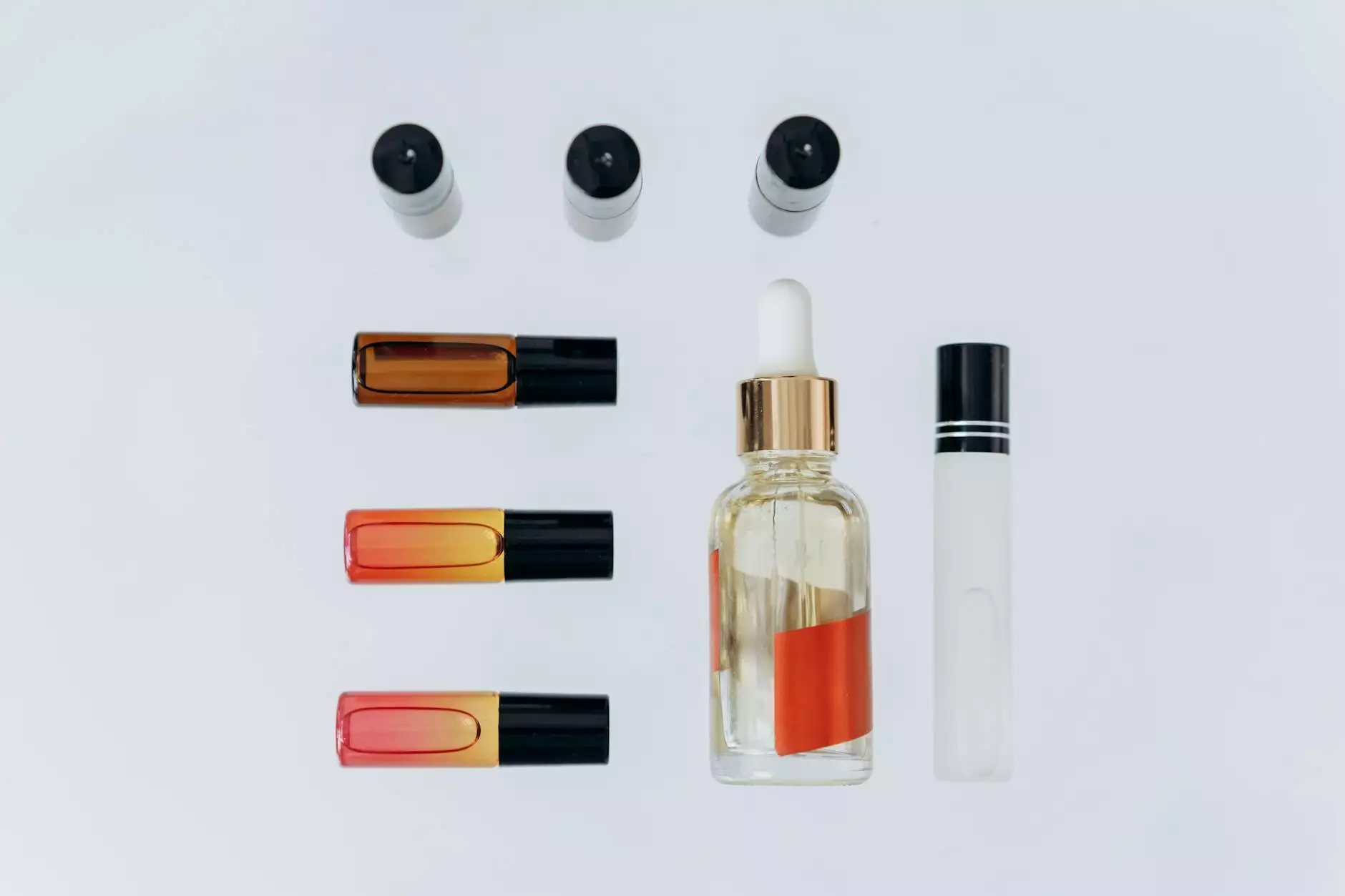The Safety of Bleaching Your Teeth

Is bleaching your teeth safe? This is a common question many people have when considering teeth whitening treatments. In this article, we will delve into the safety aspects of teeth bleaching, explore the potential risks, benefits, and provide you with all the information you need to make an informed decision about improving your smile.
Understanding the Process of Teeth Bleaching
Teeth bleaching is a cosmetic dental procedure that aims to lighten the color of your teeth, giving you a brighter and more vibrant smile. The most common bleaching methods involve the use of hydrogen peroxide or carbamide peroxide. These bleaching agents work by breaking down stains on your teeth into smaller pieces, making your teeth appear whiter.
Potential Risks of Teeth Bleaching
While teeth bleaching is generally considered safe when performed by a qualified dental professional, there are some risks associated with the procedure. One of the most common side effects of teeth whitening is tooth sensitivity. This sensitivity usually subsides after the treatment is completed, but in some cases, it may persist for a longer period.
Another potential risk of teeth bleaching is gum irritation. The bleaching agents used in the procedure can sometimes irritate the gums, leading to discomfort or sensitivity. However, this is usually a temporary issue that resolves on its own.
Benefits of Teeth Bleaching
Despite the potential risks, there are numerous benefits to teeth bleaching. One of the main advantages is the improvement in the appearance of your smile. Whiter teeth can boost your confidence, enhance your overall appearance, and make you feel more comfortable smiling in social situations.
Additionally, teeth bleaching can help remove stubborn stains caused by coffee, tea, wine, or tobacco use. It can also give you a more youthful appearance and make you look healthier and more vibrant.
How to Ensure Safe Teeth Bleaching
To ensure that your teeth bleaching procedure is safe and effective, it is crucial to consult with a qualified and experienced dental professional. This individual will assess the current condition of your teeth and gums, recommend the most suitable bleaching method, and provide you with detailed instructions on how to care for your teeth post-treatment.
It is also essential to follow the dentist's recommendations regarding the frequency of bleaching treatments and the use of at-home bleaching products. Overusing bleaching agents can lead to tooth sensitivity and other oral health issues.
Conclusion
In conclusion, the safety of bleaching your teeth largely depends on the quality of the treatment, the expertise of the dental professional performing the procedure, and your adherence to post-treatment care instructions. While there are some risks associated with teeth bleaching, the benefits often outweigh these drawbacks, providing you with a brighter, more confident smile.
Remember, if you are considering teeth bleaching, always consult with a qualified dentist who can guide you through the process and help you achieve the smile of your dreams.









